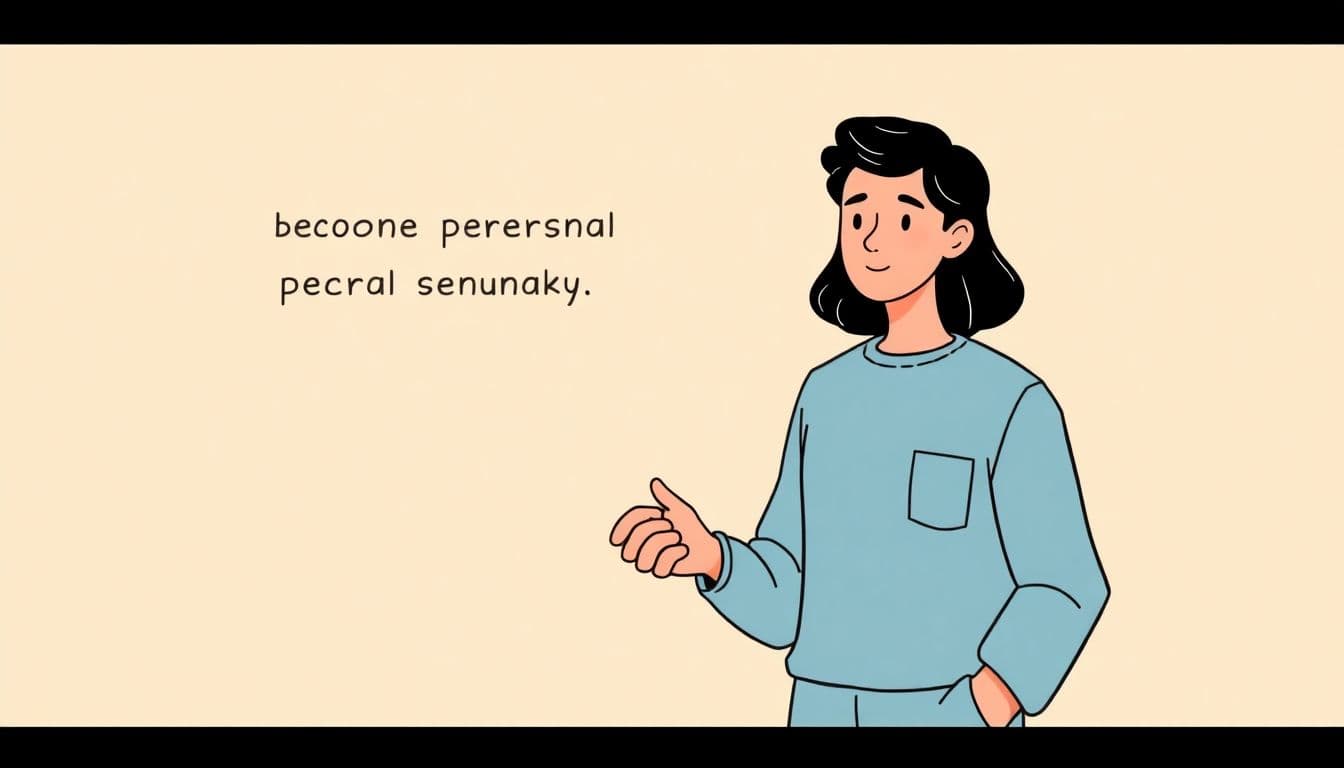Table of Contents
I get it—writing can sometimes feel like a big puzzle, especially when your mind is racing or your focus is all over the place. Many writers struggle with staying present and inspired, which can make creativity and productivity harder than they need to be.
But here's good news: practicing mindfulness might just be the simple trick that helps you find your flow, stay calm, and boost your ideas. If you keep reading, you’ll learn easy ways to bring mindfulness into your writing, so you can write with more clarity and confidence.
In the next few paragraphs, I’ll show you how to use mindfulness to sharpen your focus, spark creativity, and turn stress into your writing ally—all without any fancy jargon.
Key Takeaways
Key Takeaways
- Practicing simple mindfulness methods, like short breathing exercises and journaling, can help you stay present, clear mental clutter, and boost creativity in writing.
- Paying attention to your senses—textures, sounds, colors—can deepen connections to your writing and inspire new ideas.
- Regular mindfulness routines reduce stress, improve emotional control, and help prevent burnout, making writing more enjoyable and sustainable.
- Starting writing sessions with brief mindfulness moments makes it easier to focus, lowers anxiety, and promotes flow.
- Being aware of subconscious thoughts through mindful reflection can reveal hidden themes and richer stories.
- Using guided exercises or mindfulness tools can help you stay consistent and develop a richer creative process over time.

Using mindfulness in creative writing starts with learning how to pay attention without judgment. It’s about being fully present with your thoughts, emotions, and surroundings as you write, which helps clear mental clutter and sparks fresh ideas.
To do this effectively, try practicing short meditation sessions before you sit down to write. Even a few minutes of focused breathing can calm your mind and set the stage for creativity.
Another powerful technique is mindful journaling. Set a timer—say 10 minutes—and write continuously without editing or censoring yourself. This 'zen writing' helps bypass inner critic voices and invites your natural flow of thoughts and feelings onto the page.
Incorporating sensory exploration into your routine can also boost your creativity. For instance, spend a few moments observing your environment—notice textures, sounds, colors—and then incorporate those details into your writing. This deepens your connection to the scene or idea you're developing.
Research shows that mindfulness-based journaling can reduce perceived stress and improve emotional regulation, making writing a more enjoyable process. Over time, these practices can help you explore ideas more freely and produce more authentic, original work.
Additionally, using mindfulness as a warm-up—such as doing simple breathing exercises or centering yourself—can make your writing sessions more focused and less stressful. The goal is to treat every writing session as an opportunity to reconnect with your inner creativity without self-criticism.
If you’re interested in deeper techniques, you might explore guided mindfulness exercises specifically designed for writers. They can help you tap into your subconscious and unlock hidden stories or themes you might not access when distracted or stressed.
Want to practice mindfulness in your writing? Check out (https://automateed.com/how-to-get-a-book-published-without-an-agent/) to get started and discover how this simple habit can elevate your creative process and produce richer stories.

5. The Psychological Benefits of Mindfulness for Writers
Practicing mindfulness through journaling or meditation can significantly reduce perceived stress and help regulate emotions, making writing more enjoyable and less draining.
Research shows that structured mindfulness activities, like guided journaling, provide greater psychological benefits than unguided practices, helping writers stay mentally clear and focused.
Regular mindfulness practice not only improves mental health but also boosts resilience to writer's fatigue and emotional exhaustion.
6. How Mindfulness Supports Stress Reduction and Prevents Burnout
Mindfulness techniques, such as breathing exercises or body scans, can quickly bring down anxiety levels that often spike during tight deadlines or rejection fears.
Adopting a routine of short mindfulness pauses can help you stay centered—lessening feelings of overwhelm and enabling sustained creative effort.
Studies suggest that mindfulness-based interventions have been successful with students and professionals, reducing the risk of burnout over time.
7. Using Mindfulness in Educational Settings to Foster Young Writers
Over 1 million children in the U.S. have been introduced to mindfulness practices, often at the elementary level, which helps improve their focus and emotional regulation.
Incorporating mindfulness activities in schools can not only support academic success but also encourage children to enjoy writing without fear of judgment.
This foundation can lead to better writing habits and a healthier attitude toward creative expression as they grow older.
8. Practical Tips for Integrating Mindfulness Into Your Writing Life
Start each session with a 2-minute breathing exercise to clear your mind before diving into writing.
Keep a sensory journal; spend a few minutes observing your environment and jotting down what you notice to inspire fresh ideas.
Set a regular schedule for brief mindfulness breaks—like stretching, mindful listening, or body scans—to reset and recharge during long writing sessions.
Use guided mindfulness apps or recordings when you need a little extra help staying present and focused.
9. How Mindfulness Can Help Unlock Hidden Stories and Themes
Practicing mindfulness can make you more aware of subconscious thoughts and feelings that often hide beneath your surface writing.
Taking quiet moments to reflect allows you to discover new angles or themes you might not notice during hurried writing sessions.
Some writers find that listening to their internal sensations or emotional reactions creates richer, more authentic stories.
Try doing a short mindfulness meditation before brainstorming or plotting to access deeper layers of your creativity.
10. Resources and Exercises for Deepening Your Mindfulness Practice
Explore guided exercises designed specifically for writers, like those available on (https://automateed.com/how-to-get-a-book-published-without-an-agent/).
Join online groups or classes that focus on mindfulness and writing—these can help you stay motivated and accountable.
Practice simple mindfulness techniques daily—such as focused breathing or body scans—to make them a natural part of your routine.
Keep a journal of your mindfulness experiences to track how these practices impact your writing process over time.
FAQs
Practicing mindfulness helps you stay present and reduces distractions, making it easier to concentrate on your writing. Regular mindfulness exercises train your attention, leading to clearer thinking and better focus during your writing sessions.
Techniques like mindful breathing, guided visualization, and journaling help clear mental clutter and inspire fresh ideas. These practices encourage openness and allow creative thoughts to surface naturally while writing.
Mindfulness reduces stress by calming the mind and body, making it easier to overcome writer’s block. It encourages a non-judgmental attitude toward mistakes, helping writers approach their work with less anxiety and more confidence.
Create a routine by setting aside a few minutes for mindful breathing or meditation before writing. Focus on being present during your sessions, and use short mindfulness breaks to reset and improve focus throughout your day.



